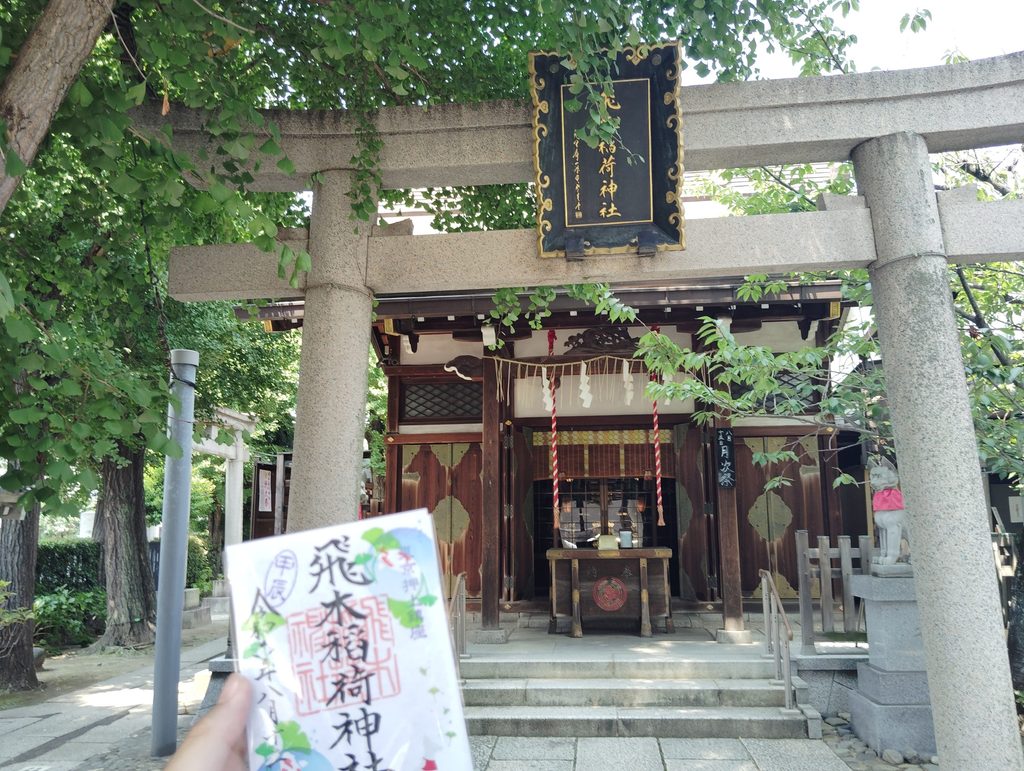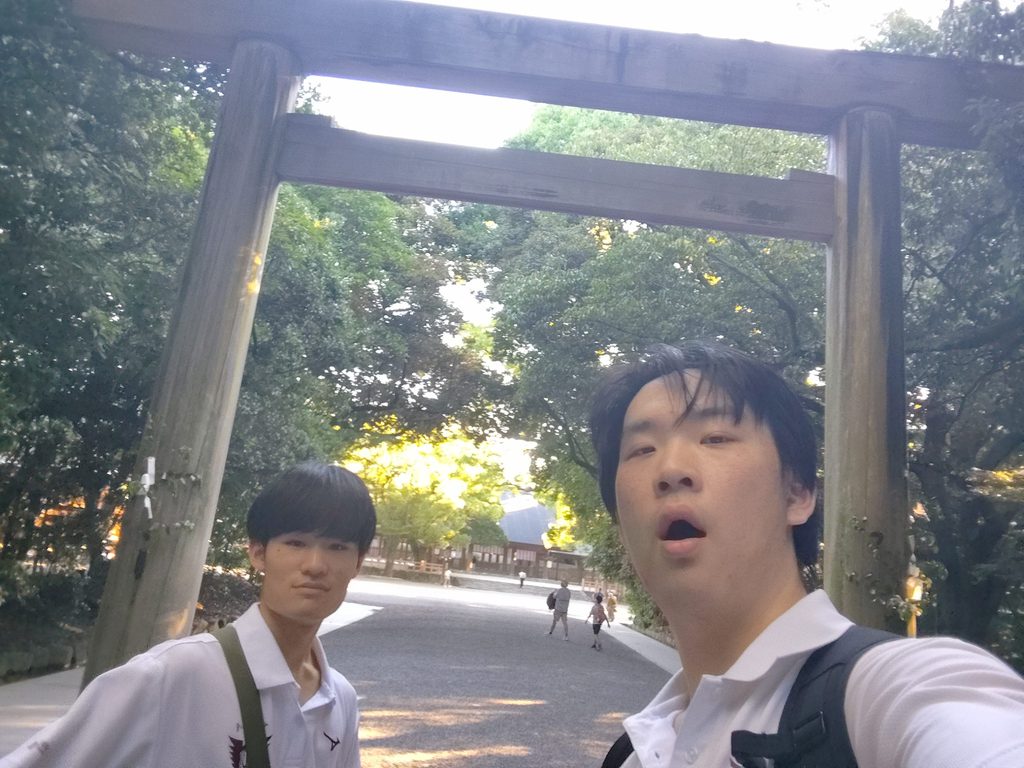In the spring of 2024, I began my non-Carleton OCS (off-campus studies) with partner organization CIEE at Sophia University in Tokyo, Japan. For me, it was the beginning of a once-in-a-lifetime experience in which I was able to broaden my understanding of Japan and Japanese culture through traveling, deepen my knowledge of Japanese history and literature by studying at one of Japan’s foremost academic institutions, and make lasting personal connections with local students and my fellow study abroad peers.
As a history major, I spent a great deal of time exploring various cultural heritage sites and museums, such as the famous Meiji Jingu- a famous Shinto shrine- and the fascinating exhibitions of the Tokyo National Museum. I combined my studies in modern and ancient Japanese history at the local university with these historical visits; the close proximity of the Imperial Palace to the university made my studying feel all the more real and grounded- stuff I had read in textbooks and watched in history videos were right there in front of me, inviting me to come and explore, informed and armed by my increased knowledge in Japanese history and culture. The classes were intellectually rigorous and rewarding; I took Culture and Thought in the Edo Period, A Survey of Japanese Literature, Seminar in Modern Japanese History, and a Japanese language class. While the workload- spread over a semester schedule- was not as busy as Carleton’s, it certainly was plentiful and stimulating. The professors were exceedingly accessible with many office hour slots, encouraging and motivating us students to engage and think critically with the material. For example, in the modern Japanese history class I took, we examined and analyzed the traditional narrative of a unilateral flow of knowledge from the Western world to Japan, and examined historical evidence that ran contrary to the traditional “opening of Japan.” Instead of Japan being wholly powerless in the face of Western Enlightenment ideals and gunboats, many Japanese people found ways to resist these foreign influences through various acts of cultural preservation and adherence to traditional practices that were deemed “barbaric” by the West. Furthermore, we investigated attempts by influential Japanese thinkers to negotiate their identity in the face of strong Western influences. This class also critically “reopened the opening of Japan” by looking at traditionally marginalized Japanese perspectives and intellectuals.
Outside the classroom, I bonded with my study abroad cohort by going on numerous cultural excursions organized and sponsored by CIEE. We explored historical districts such as Kawagoe- known as “Little Edo” for its buildings and structures reminiscent of the Edo period, or Japan’s medieval period- and ate famous Japanese foods and watched the exciting process of mochi making. In addition, we toured various famous districts and nearby cities, such as Yokohama City, and checked off our bucket lists with well-known attractions such as Yokohama Chinatown and Yamashita Park. Furthermore, by joining the university table tennis team, I made many local Japanese friends and greatly improved my skills. Japan is home to some of the best table tennis players in the world, and it definitely showed even in their university students; a rigorous practice schedule of five days a week (even weekends!) not only improved my playing, but I had the privilege to mingle with local students and understand their daily lives. By having meals and hanging out with them, I gained a greater cultural understanding and expanded my worldview with personal connections and relationships.

I am a first-generation college student, hailing from a lower middle-class family who immigrated to the United States decades ago; my unique experience would not have been possible without ample financial support from Carleton. My Carleton financial support was able to be transferred to this non-Carleton OCS program, allowing me this unique experience. However, my on-the-ground expenses were not included; costs such as daily living expenses, transportation fees, and books were certainly no small sum. As such, I was blessed to have been encouraged by our OCS office to apply for the Gilman Scholarship, which provided a hefty scholarship fund that covered everything academic, travel, and living-related expenses. Their generous support took a huge financial burden off of my family, especially because we were still recovering from the tremendous effects of COVID-19 times. Moreover, their support extends even after the study abroad experience- you are inducted into an international network of past and present Gilman recipients and gain non-competitive eligibility for federal jobs for some time. Indeed, Gilman provides connections that may serve you well after your study abroad time and can yield fruitful conversations with other Gilman alumni. Thus, I would certainly encourage anyone, if they are considering studying abroad and are concerned about their daily/travel/academic expenses, to apply for the Gilman Scholarship. Their mission, as stated on their website, is threefold: 1) to develop a generation of future American leaders, 2) support young Americans to gain professional, language, and cultural skills, and 3) to build global relationships and foster greater cultural understanding as supported by the Bureau of Educational and Cultural Affairs at the US Department of State, named after the late Congressman Benjamin A. Gilman.
If anyone is interested, this is the link to their official website: https://www.gilmanscholarship.org/program/program-overview/. Feel free to reach out to me if there are any specific questions regarding experience or application process at: shangj@carleton.edu. There are also many people working at the OCS office and the financial aid office who are also knowledgeable about the Gilman Scholarship and the way it works; there are also webinars hosted by official Gilman staff walking through the application process and answering any related questions. All in all, this is a great opportunity with numerous benefits that can positively affect not only your experience abroad but also after.
